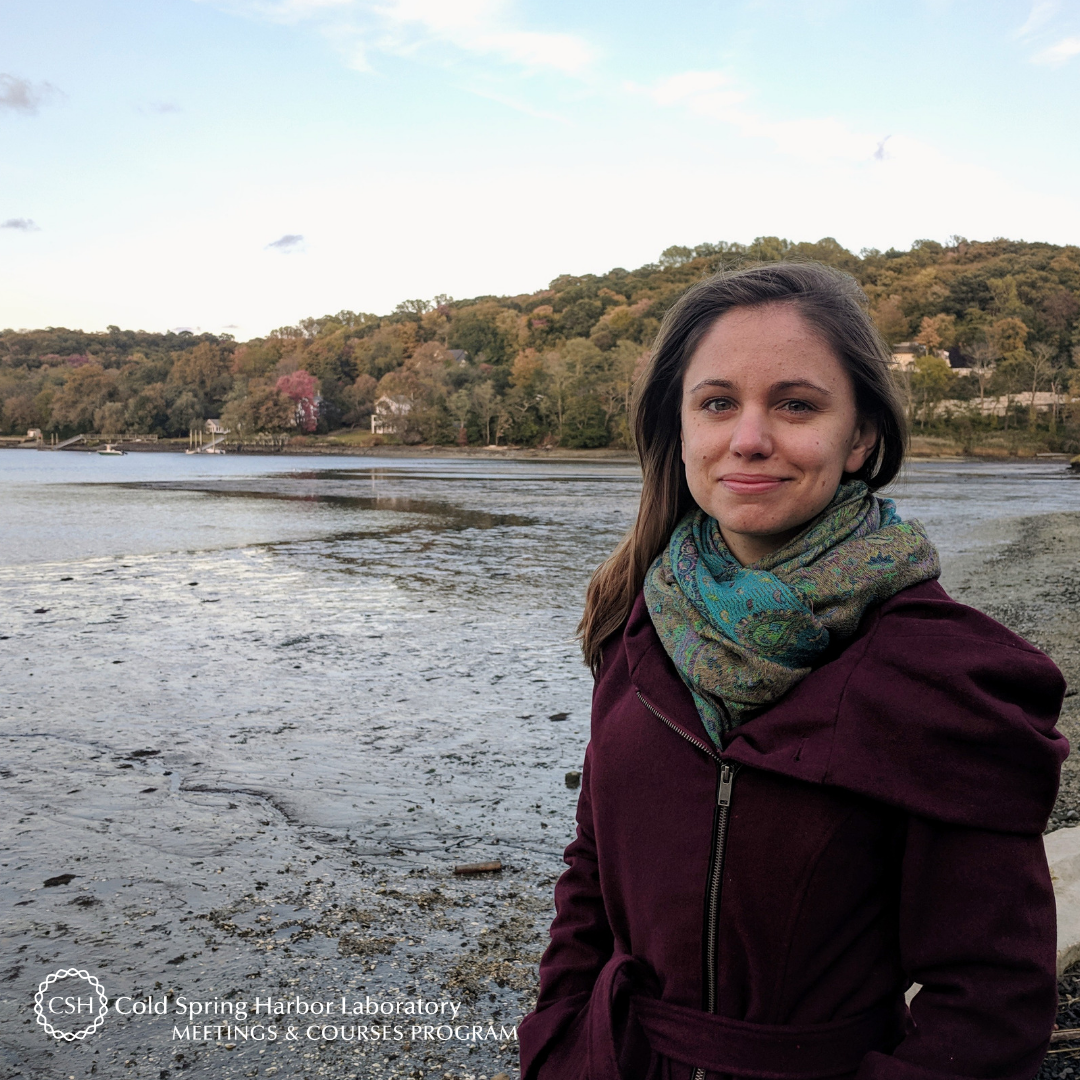Meet Brenda Raud of the Institute for Infection Immunology at Twincore Centre for Experimental and Clinical Infection Research, a joint venture between the Hannover Medical School and the Helmholtz Centre for Infection Research in Germany. The Argentinian national is a fourth year PhD student in the Research Group Host-Pathogen Interactions & Immunometabolism led by Dr. Luciana Berod.
What are your research interests? What are you working on?
I am interested in understanding how specific metabolic programs and the availability of nutrients can influence the outcome of an immune response. My current research focuses on the role of lipid metabolism in T lymphocytes, which play a key role in adaptive immunity and inflammation.
How did you decide to make this the focus of your research?
My project was inspired by previous research published by my lab showing the important role fatty acid synthesis has for the activation and function of pro-inflammatory T cell subsets, and suggested that blocking pathway could be a potential therapy aiming at treating autoimmune and inflammatory diseases. The data presently available also implied that the complementary metabolic pathway, fatty acid oxidation, was crucial for the function of the opposite, regulatory, immune response. Thus we set to find more about this apparent symmetry of immune function and metabolic programs.
How did your scientific journey begin?
I was inclined to science since childhood. I grew up in a small town in the Patagonian Andes where exposure to “formal” science environments was limited and universities were far. But I attest my interest in biology and motivation to pursue a career in science to growing up where I did and being surrounded by nature. As a teenager, my experience as part of the Argentinian team at the International Biology Olympiad cemented my interest in science and the international community that it comes with. I studied biotechnology in Argentina, and during my undergraduate studies I studied and did research in both Germany and the United States. I became very interested in immunology, and returned to Germany for my PhD.
Was there something specific about Nutrient Signaling meeting that drew you to attend?
This meeting was brought to my attention by a fellow at CSHL, and meeting speaker, who suggested that attending would be a good opportunity to improve my knowledge of metabolism and find new perspectives. From my research, I was familiar with the work of some of the speakers, such as Navdeep Chandel or David Sabatini, but I learnt a lot about the role of metabolism in many settings, such as aging and cancer. In addition, CSHL is very prestigious and famous for the meetings and courses, and I loved the opportunity to experience it myself!
What is your key takeaway from the meeting?
This meeting was a great way to expand my knowledge of metabolism and, more importantly, about the approaches and technologies available to better study this field. I think there are several ideas that could be applied to the study of immune cell function. Moreover, the quality of presenters was excellent and, as a student, I learnt a lot about how to present and discuss data.
What did you pick up or learn from the meeting that you plan to apply to your work?
Coming from an immunology lab, many of the techniques and workflows presented at the meeting were novel for me and I was inspired by many of the approaches presented to study the metabolites of specific organelles. These new approaches really change the way we can look at the reality of cellular metabolism, which is very organized and compartmentalized, and could certainly be used to better understand the metabolism of immune cells. Alternative splicing is also an interesting topic when studying certain immunological genes, and thus I found the alternative splicing fluorescent reporters very innovative.
If someone curious in attending a future iteration of this meeting asked you for feedback or advice on it, what would you tell him/her?
I would suggest to join any meeting that aligns with his or her interests! It is a great environment, and all participants are exceptional. It was an amazing scientific event that I can only recommend.
What do you like most about your time at CSHL?
The campus was beautiful, and I very much enjoyed the guided tour we had at the beginning. I loved the science-themed sculptures, architecture, and decorations. Not to mention, since it is autumn, the landscape is lovely and the trees have leaves of amazing colors.
Thank you to Brenda for being this week's featured visitor. To meet other featured scientists - and discover the wide range of science that takes part in a CSHL meeting or course - go here.



